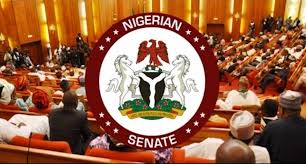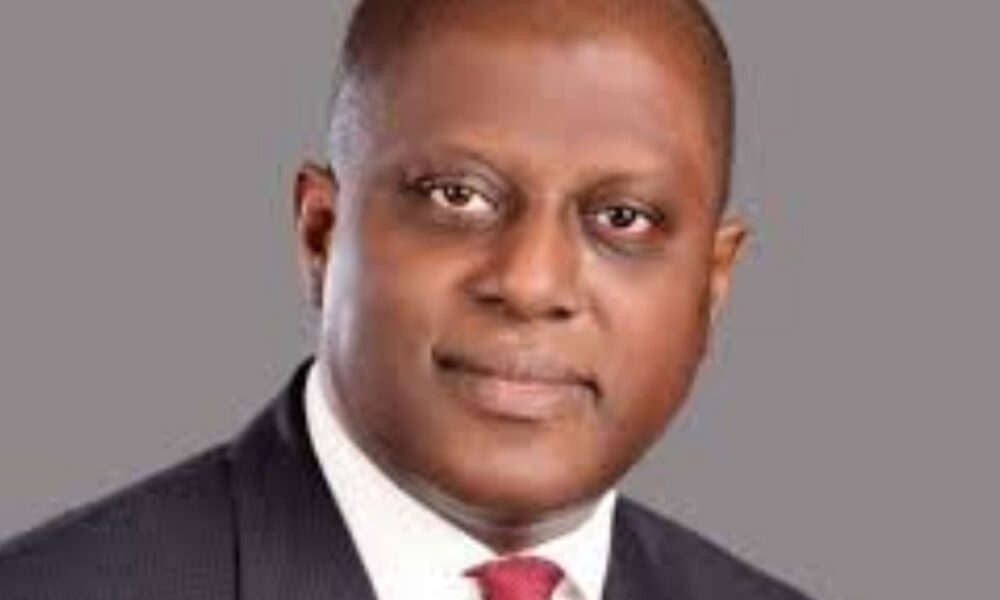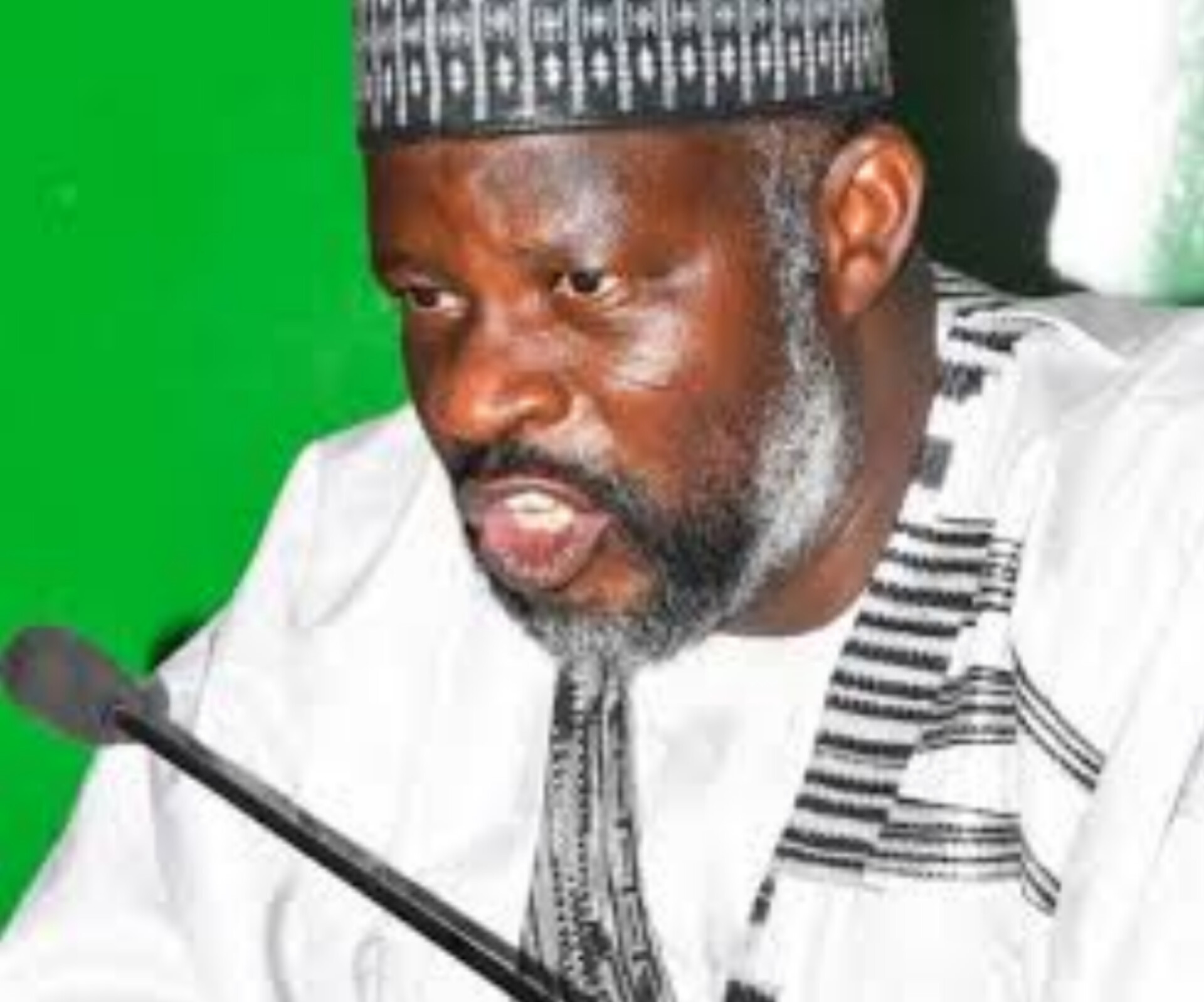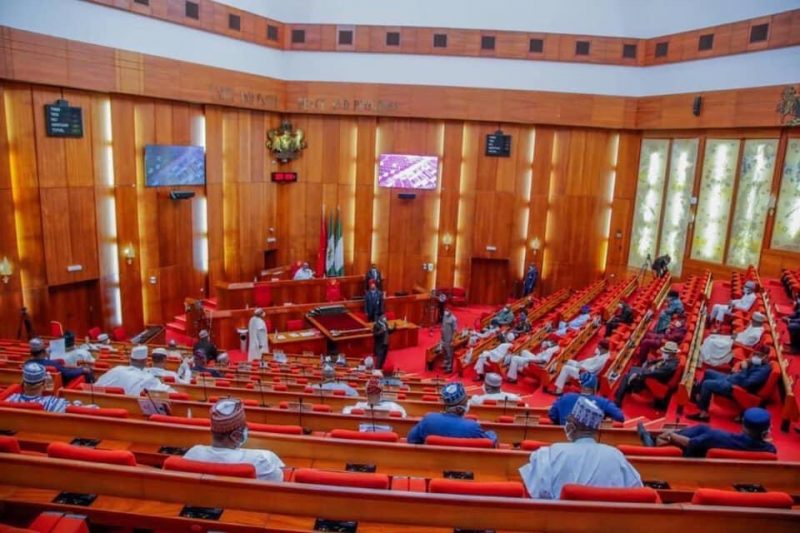***As Nigeria risks additional N1.8trillion debt
The planned final consideration and passage of N22.7trillion Ways and Means Restructuring request forwarded to the senate and the House of Representatives by President Muhammadu Buhari in December, 2022 for expeditious consideration suffered another setback on Wednesday as the Senate adjourned till February 28th without its passage.
The inability of the Senate to pass the N22.7trillion Ways and Means Restructuring request by President Buhari may put the country at risk of incurring additional N1.8trillion debt as President Buhari had warned three weeks earlier when he assented to N21.83trillion 2023 budget.

The request was neither listed on the Order Paper used for plenary on Wednesday nor mentioned by the Senate leader who is the Chairman of the special committee set up for that purpose.
The President of the Senate , Ahmad Lawan, had on Tuesday last week, declared that the Senate was ready to approve the request, provided required details of the spendings were made available by the Finance Minister, Zainab Ahmed and Governor of the Central Bank , Godwin Emefiele.
He said if not for Restructuring of N22.7trillion Ways and Means request, the Senate and by extension, the House of Representatives would have adjourned plenary on Thursday last week till after the Presidential and National Assembly election.
“We must have necessary information for passage of the N22.7trillion Ways and Means Restructuring request as time is not on our side in the Senate now in view of coming general elections.
“If there is need for the Senate to sit up to Friday (last week) for thorough consideration and passage of the request, it will be done but the affected officials from the executive must also expedite action on provision of required information as regards documents authorising approval and disbursement of the monies totalling N22.7trillion”, he had said
But the Senator Gobir led committee did not present any report for consideration by the Senate on Tuesday and Wednesday this week, making the Senate to adjourn without approving it as earlier planned .
The committee had lamented that the expected details from the executive arm of government on how the N22.7trillion was expended within 10 years were not provided
Nigeria, as warned by President Muhammadu Buhari three weeks ago, risks incuring additional N1.8billion with non – approval of the requested N22.7trillion Ways and Means Restructuring by the National Assembly.
President Buhari who gave the warning when assenting to the N21.83trillion 2023 budget had said : “Balance of N22.7trillion Ways and Means, has accumulated over several years and represents funding provided by the CBN as lender of last resort to the government to enable it to meet obligations to lenders, as well as cover budgetary shortfalls in projected revenues and/or borrowings.
”I have no intention to fetter the right of the National Assembly to interrogate the composition of this balance, which can still be done even after granting the requested approval.
”Failure to grant the securitization approval will however cost the government about N1.8 trillion in additional interest in 2023 given the differential between the applicable interest rates which is currently MPR plus 3% and the negotiated interest rate of 9% and a 40year repayment period on the securitised debt of the Ways and Means”.




